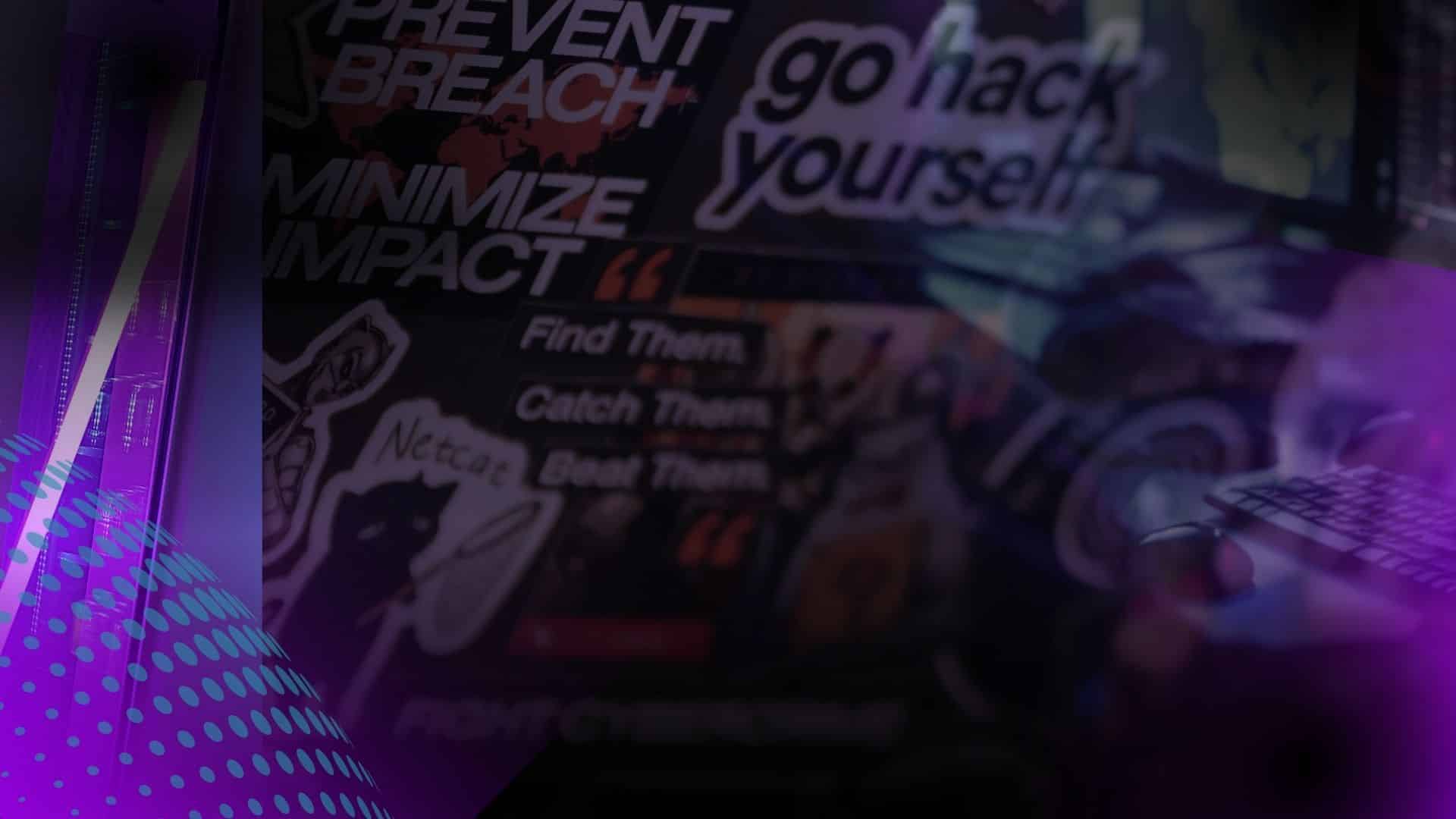Truesec uses camera surveillance to prevent and detect criminal activities in buildings where Truesec operates, to protect employees and visitors, and to safeguard company property from crime and accidents.
What type of camera surveillance do we use, and what is the legal basis?
Surveillance and Recording of Video on the Company’s Premises
The purpose is to maintain a safe environment for staff and visitors and prevent criminal activities such as theft and vandalism. The surveillance supports the company’s preventive measures against serious incidents that threaten people or property and aids in investigating crimes like vandalism, theft, threats, and violence. It also deters unauthorized access to the premises and provides visual support for Truesec’s internal alarm center.
No sound is recorded and all sound is disabled.
Legal basis: Camera surveillance is conducted based on the regulatory framework for balancing interests. There is deemed a legitimate interest in processing the data for the stated purposes.
Storage of Specific Recordings and Events
The aim is to secure evidence for further submission to law enforcement as part of a police report or ongoing police investigation.
Legal basis: We handle personal data under a “legal obligation” when storing and transmitting data to law enforcement as part of an ongoing police report or investigation.
Categories of Personal Data
Recorded footage of movements in areas where cameras are installed for the aforementioned purposes. Truesec does not sell or distribute this information.
Who has access to the camera surveillance? Access to Truesec’s camera surveillance is limited to a group of authorized Truesec employees.
Law enforcement may also process information where a legal aspect is involved.
How long is recorded material stored?
Recorded material is typically stored for 30 days but up to 90 days for particularly sensitive situations. Material may be stored longer if required to comply with specific legal requirements or if the material is evidence in an ongoing legal process. In these cases, the material is deleted as soon as the purpose of retention has ceased.
Recorded material is stored on specialized servers with high IT and physical security, limited to a few authorized individuals.
Camera Surveillance and Individual Rights
Truesec AB aims to comply with the rules outlined in the General Data Protection Regulation. If it is perceived that conducted camera surveillance violates the regulations of the General Data Protection Regulation, a report can be made to the Swedish Authority for Privacy Protection (IMY). For more information, visit their website.
Contact Information
For questions or complaints regarding the handling of personal data related to Truesec’s camera surveillance, contact the Data Protection Officer at privacy@truesec.com.
